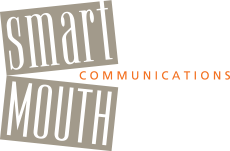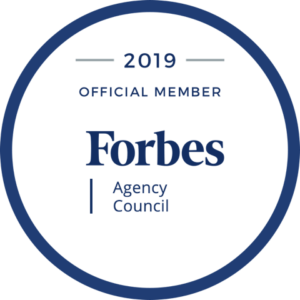Audience-Centricity: Honor the Contract
When you get up to talk or take the microphone at an event, it is not, and should not, be all about you—not if you want to be effective, impressive, and memorable, that is. There is an unwritten, unspoken contract with your audience that you, the speaker, will entertain, enlighten, or energize them. Personal stories need to support a point. The time you take needs to be used to deliver something of value. An audience waits for something new, useful, beneficial, or fun. Audiences like to be acknowledged somehow. In order to deliver on any or all of this, you must prepare your remarks with your audience’s experience in mind. That is the essence of being audience-centric.
Audiences all have biases, self-interests, and expectations. They have a very basic “what’s in it for me?” thread running through their subconscious. They want something in exchange for their time and attention. As if that weren’t enough, they also don’t want to work hard. Unless you guide them and tell them where you’re taking them, they won’t make the connections and get there on their own. To make matters slightly more challenging, competition for people’s attention is tougher, and their devices—cell phones, laptops, tablets—are ubiquitous (although the presence of devices can also be a good thing, as increasingly people use them to take notes).
Finally, an audience sizes you up immediately and, within seconds, decides if you are worth their attention and engagement. There are studies showing that this happens in the first eight seconds. Think about that: In the first eight seconds, people decide whether to listen to you or not. This certainly puts some weight on how you open your talk.
All of this adds up to a tall order. It demands that you, the speaker, think about your audience more than just superficially. Your topic and your time allotment may be fixed, but your audience is a variable, and that should guide you in preparing what you deliver and how. The experience you give them will stay with them longer than any words or data you share.



